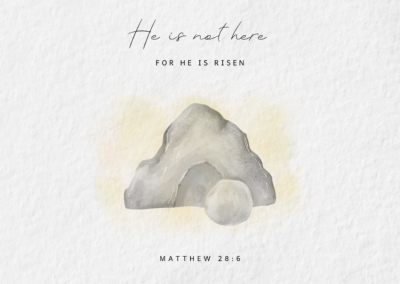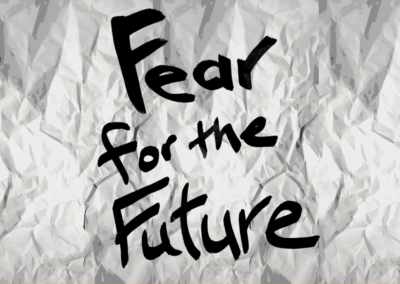Seminar Day in Christchurch:
“That’s Life!” Conversations in Science and Theology
Saturday 8 October 2022
In partnership with Theology House
Speakers and Topics:
Rev’d Canon Mere Wallace (Hui Amorangi Archdeacon) on pastoral ethics for the start of life
Dr. Maja Whitaker (Laidlaw Lecturer) on “Embodied Existence: Explanations and Implications”
Dr. Graeme Finlay “What is life? A biological and theological reflection”
Dr. Nicola Hoggard-Creegan (NZCIS Director) on “Anthropology in Christian reflection on life”
Dr. Philip Pattemore (Paediatrics Professor) on Christian understandings of evolution
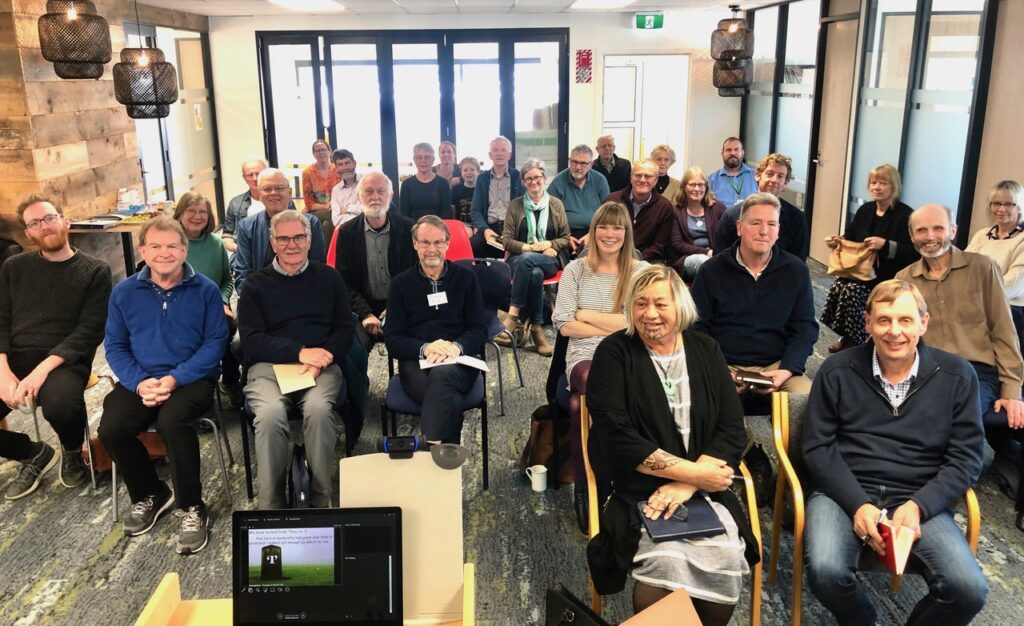
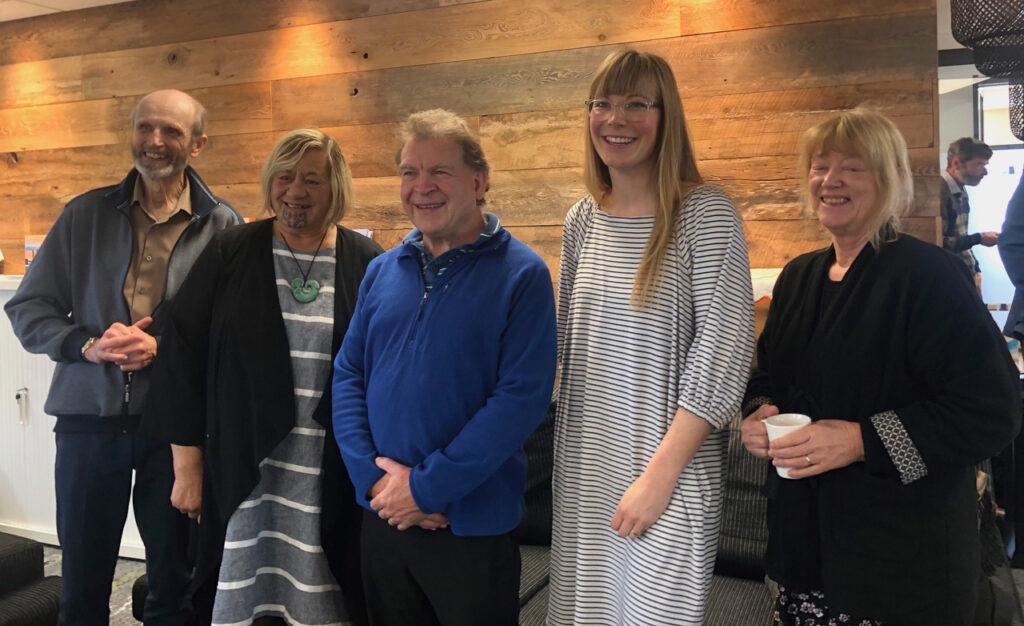
Te Korowai o te Ora: Ethics for the Start of Life
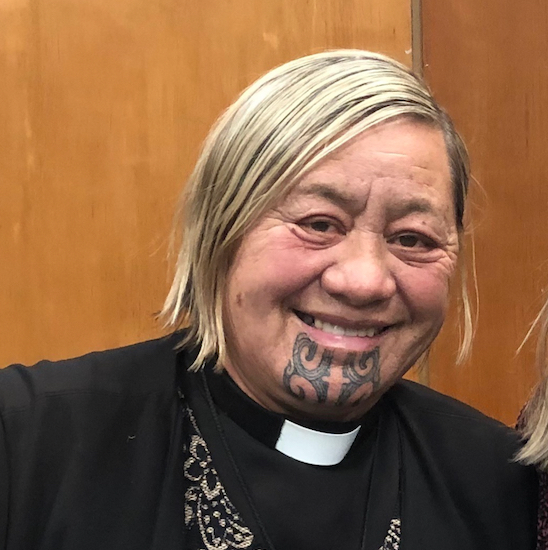
Rev’d Canon Mere Wallace is an archdeacon in the Māori Anglican Church, te Pihopatanga o Waipounamu. Mere opened our ‘That’s Life’ seminar day with this talk entitled ‘Te Korowai o te Ora’. In this lecture Mere shares from her rich diverse experience in nursing, counselling, ministy, church and community leadership. She invites us into the Māori world view, offering a depth of insight into central concepts such as mauri, mana, rongo and wairua, all related to ethical issues around the start of life. She describes this as ‘Te Oranga Ake’ – “flourishing and thriving people in whanau and community.” And suggest that this “form the basis of our shared expressions of mission through sharing the life of a new generation.”
Embodied Existence: Explanations and Implications
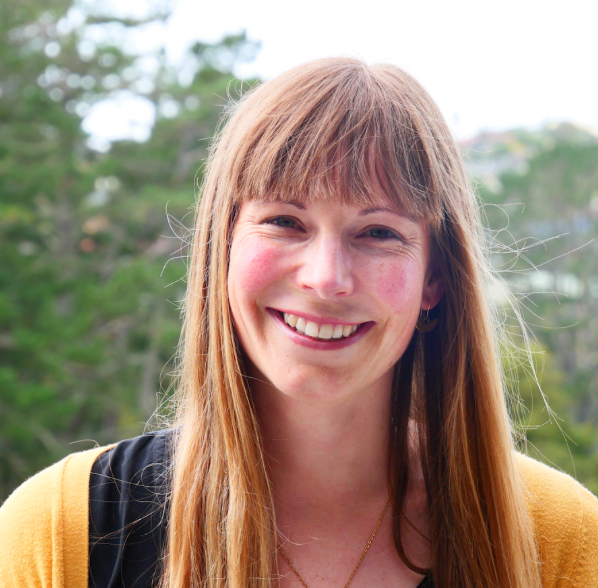
Dr Maja Whitaker lectures in practical theology at Laidlaw College. In this talk on Embodied Existence Maja explores the intersections of theological anthropology and neuroscience to ask ‘what is a human being?’. She concludes:
“I am an embodied person who is in relationship with others: other people, God, and the world. You can’t conceive of yourself as an individual unit who is trapped inside an ‘earth suit’. We need to live in our bodies, live in our lives as they really are.”
What is Life? A Biological and Theological Reflection
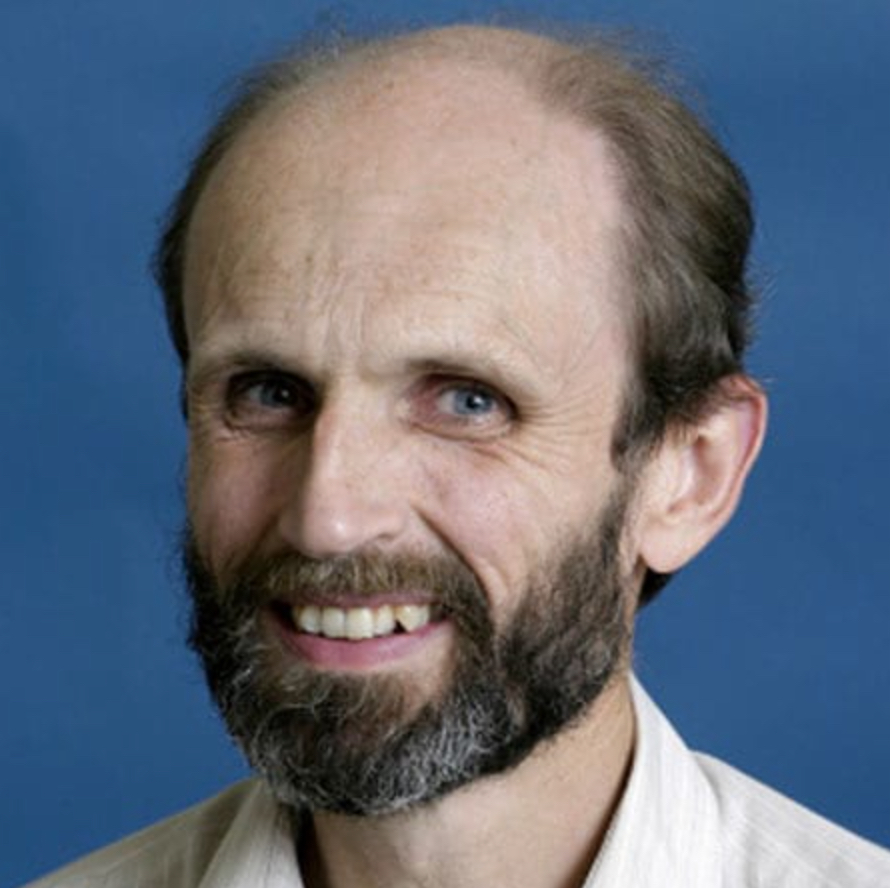
Dr Graeme Finlay is a co-director of NZCIS, and author of several books exploring faith and evolution. In this fascinating talk Graeme makes two big claims. First, that life is order formed from randomness. And second, that life is relationship in community. In both of these he sees the character of God and the hand of God at work in creating and upholding life.
Cosmic Wallpaper? The size of the universe problem for ‘Young Earth Creationism’
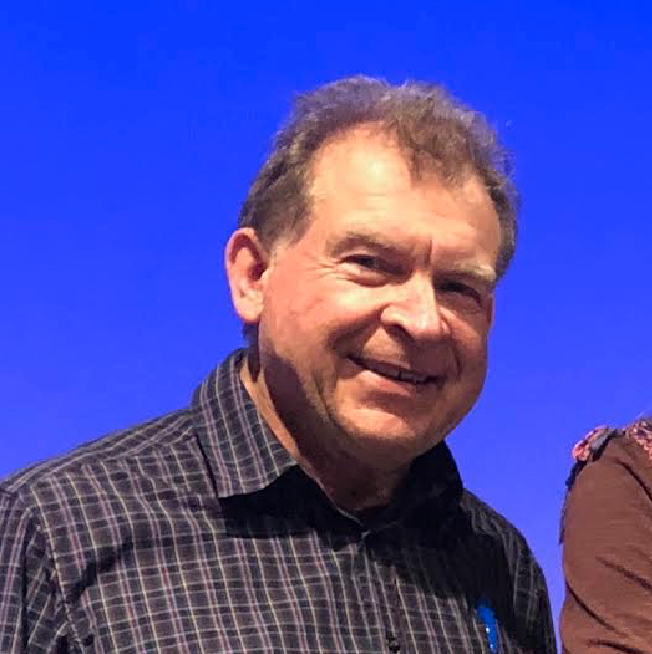
Otago Medical School associate professor Philip Pattemore has a keen interest in how Christians understand the universe. He is particularly interested in engaging with ‘young earth creationists’. In this talk Philip begins by asking how we could see distant galaxies if creation is only a few thousand years old. He argues against the idea that God created all the universe as though projected onto a bubble, and warns that this can diminish our respect for creation, both this world and all the universe.
Anthropology in Christian Reflection on Life
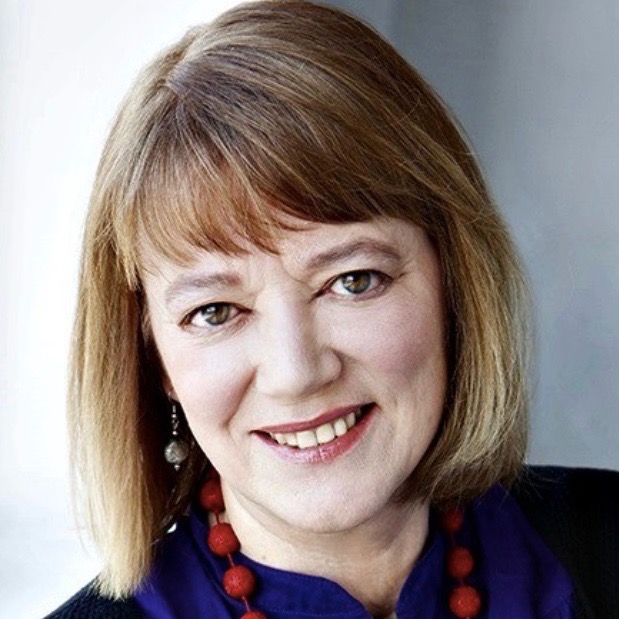
In this lecture NZCIS director Dr Nicola Hoggard Creegan speaks on “Anthropology in Christian reflection on life”. Nicola summarises millions of years of human evolution and discusses challenging questions such as ‘when did humans become the image of God?’ And ‘what truly makes us human?’. She concludes by highlighting our collaboration, creativity and compassion.

